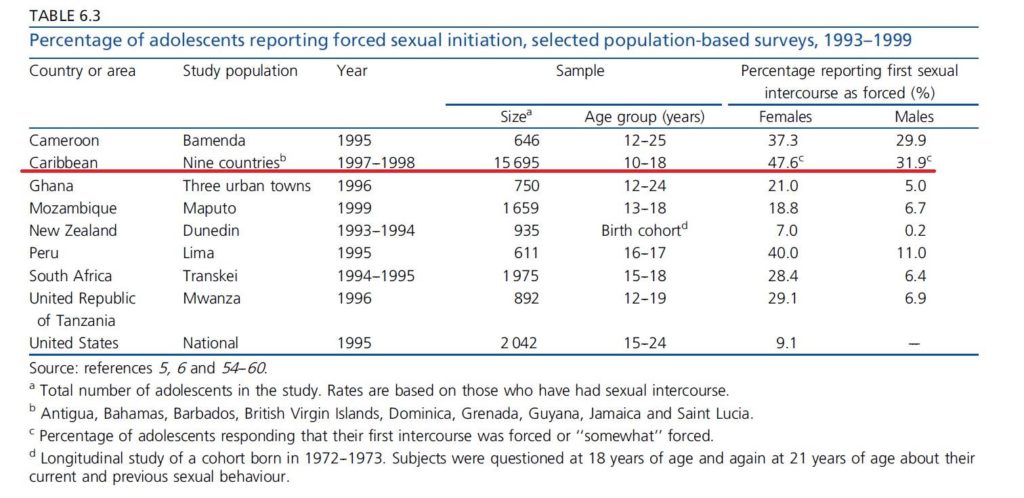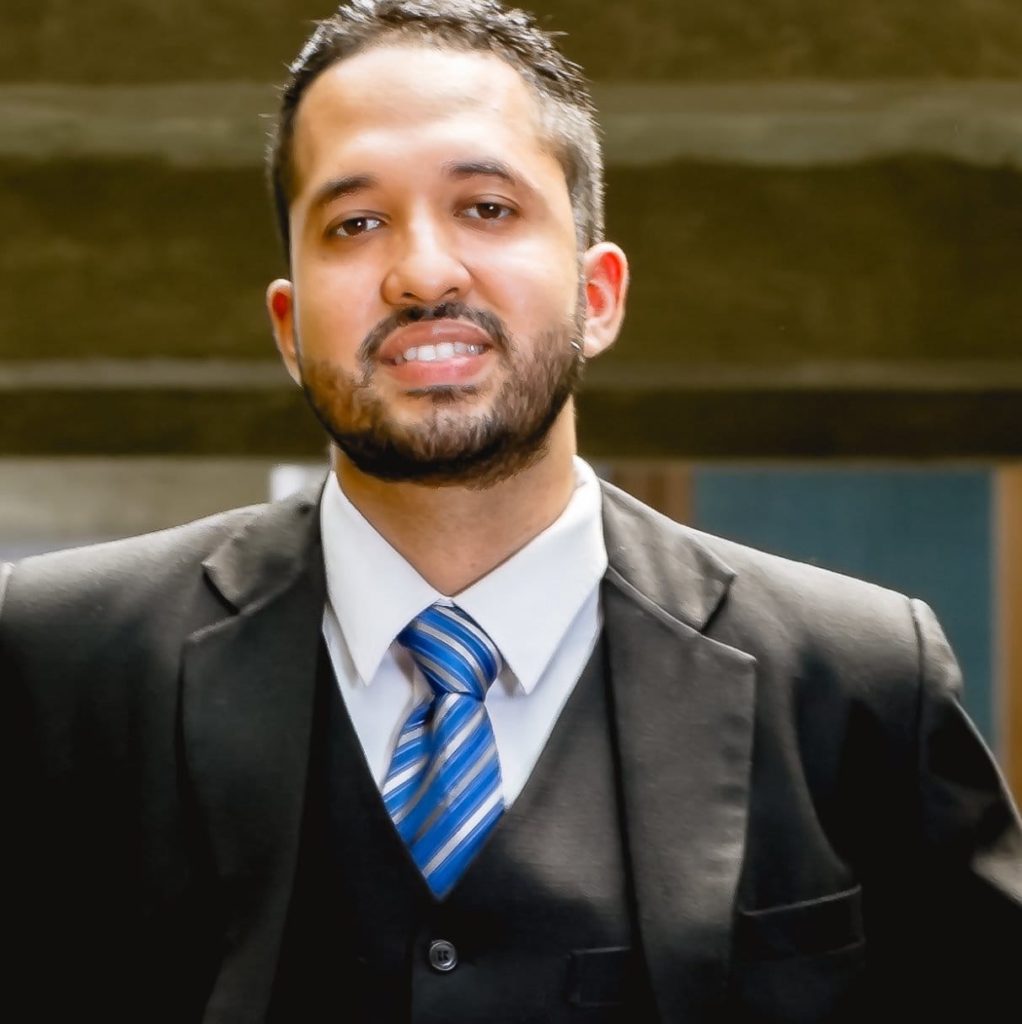Violence against women (VAG) is an ongoing issue in our society. In November and December, we usually raise awareness of the issues women face in terms of violence and crimes against them but we still often wonder if the well-being of women and their issues are prioritized. Are we really making progress to ameliorate the challenges that our women and girls face daily?
The Figures Tell a Story
Although there is so much work being done for gender equality and protecting our women and girls, many statistics are still quite alarming. Some core data from Relief Web highlights the following:
- 35% of women worldwide have experienced at some point in their lives either physical and/or sexual intimate partner violence or sexual violence by a non-partner. In some countries, this figure goes up to 70%.
- More than 700 million women alive today were married as children in the world. Of those women, more than 1 in 3—or some 250 million—were married before the age of 15.
- About 70% of all human trafficking victims detected globally are women and girls.
- Around 120 million girls worldwide (over 1 in 10) have experienced forced intercourse or other forced sexual acts. By far the most common perpetrators of sexual violence against girls are current or former husbands, partners or boyfriends.

While these are global figures, it is estimated that the statistics in the Caribbean region shares similar patterns to the world average.
- Three (3) of the top ten (10) rape rates in the world occur in the Caribbean according to United Nations Office on Drugs and Crime and the World Bank (2007)
- On average, at least one in three women is beaten, coerced into sex or otherwise abused by an intimate partner in the course of her lifetime, UN Women Caribbean
- Nearly half of the sexually active adolescent women in a multi-country study in the Caribbean reported that their first sexual intercourse was forced, compared with one-third of the adolescent men; taken from World Health Organization (2002), World Report on Violence and Health.
Sex Offender Registry as a Possible Solution for the Caribbean
Because of these alarming figures and the compelling evidence, regional stakeholders have been advocating towards the establishment of a Caribbean Sex Offenders Registry in an effort to safeguard our women and girls, and more so curb the high incidence of sexual violence in the region. Notably, the Caribbean Committee Against Sex Crimes (CCASC) was founded in 2014 by Camille St. Omer of the ZandoliUSA foundation. An online meeting was held in March 2015 which called for a regional sex offender registry to reduce the high rate of sex crime that is endemic in the Caribbean region. This meeting was attended by over 35 NGOs from across the Caribbean including Jamaica Men Against Rape, Leave Out Violence in Saint Vincent, and the Organization for Abused and Battered Individuals from Trinidad and Tobago.
 According Jonathan Bhagan, Chairman of the Caribbean Committee Against Sex Crimes (CCASC),
According Jonathan Bhagan, Chairman of the Caribbean Committee Against Sex Crimes (CCASC),
“only Trinidad and Tobago, Jamaica and Belize have Sex Offender Registry Laws, the rest of CARICOM have nothing in place to help local police monitor potential nefarious activity by sex offenders. Aside from lacking sex offender registration laws, CARICOM states need to invest millions in their justice systems to ensure that rape survivors don’t have to wait 10 years to get justice in court.”
Is there support for a Caribbean Sex Offenders Registry?
From one corner of the region, there echoes tremendous support. Mr. Bhagan notes that in 2020 the CCASC has signed a Memorandum of Understanding to cofound “Operation Global Sex Offenders Registry” with Offender Watch, a leading sex offender registry software company. The organization is also in talks with NGOs in Jamaica, Grenada, St. Vincent, St. Lucia and Trinidad and Tobago to carry out work on the issues of rape and human trafficking. On the other hand, some against such a registry have highlighted that the public registration will lead to vigilante justice in our small societies or that resources should be allocated elsewhere than that of punitive measures.
Nevertheless, Mr. Bhagan remains adamant that the work of his organization and the enacting of a sex offenders registry is within the organization’s aim to prevent human rights abuses. He further explained that Articles 34 and 35 of the Children’s Rights Convention deal with protecting children from sexual exploitation and trafficking. Rape is also recognized by the United Nations as a grave and systematic human rights violation in addition to gender-based violence against women and girls. By creating a sex offenders registry, it can help curb these incidences and reduce the number of vulnerable persons being at risk.
Where do we go in 2021?
Within the Caribbean, violence against women is very pervasive. For years, we have encouraged a culture of violence and now this violence is seriously affecting the Caribbean society. Furthermore, gender-based violence does not limit itself to one sector of society, but rather it affects a cross-section of women, girls, boys and men. It affects all of us and is not confined to specific groups in society. Understanding gender-based violence must be placed within the larger context of gender-inequality and human rights infringements in our society. Consequently, a stronger effort to alleviate the problem must be addressed from the grassroots level all the way to the diplomatic chambers of our parliaments and executive committees throughout the region.
The CCASC hopes to further its cause and work on protecting the rights of women and children from sexual violence and is targeted to begin research on a model for the “Global Sex Offenders Registry” using Caribbean law as a framework in 2021. Doing such a task requires technical expertise and financial resources. As a result, the organization plans to begin crowdfunding and applying for grants to finance the work and also to continue to support counter-trafficking efforts around the region. A Caribbean sex offenders registry is possibly one tool that can be used to mitigate the incidences of rape and sexual violence within the Caribbean society, but it must be complemented by systemic changes and renewed mindset of the people to value human rights, and the safety and well-being of the people.



















